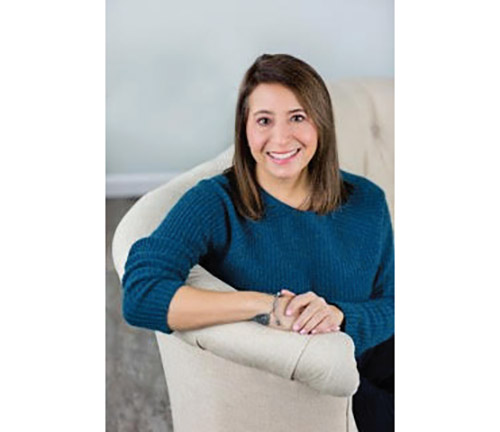
I was recently at a spirituality spa retreat where we explored yoga, meditation and challenge courses. The purpose was to notice how pushing the boundaries of your comfort zones can result in discovering the spaces where your personal brokenness can find healing. It may sound like a lot of new-age talk, but in each session I learned something new about myself, and the power of my inner resilience. I decided I would try each modality and see how it changed me, or rather, how it changed my perspective of me.
On the second day, I signed up for an activity called “Out on a Limb.” This activity involved climbing up a 25-foot pole and walking across a log suspended from that height for another 25-30 feet. Let me begin by sharing that I am afraid of heights. I’m terrified. My heart starts pounding, my breathing gets faster and my body shakes. I truly have a physical response. Notwithstanding this, I thought that perhaps if I faced this fear, I could face others. After all, I would be tethered to a harness and essentially safe from harm. I had a support system. Maybe it wouldn’t be so bad.
As I climbed the pole, the physical response began. My breath got shallow; I was afraid I would fall off. I had made the commitment to myself that I would push through, and so I continued up the pole, hugging it for dear life. When I reached the top and transitioned to stand on the log, the fear came on with a vengeance. My mind told me I could let go, that I could take that first step. But my body just wouldn’t follow those directions. When finally, I was able to release my grip, and I tried to encourage my foot to go forward; it wouldn’t move. It felt like my foot was glued to the log. Both my legs began to shake, and my fear began to take over. I knew that I could quit. I could tell the guide I was done, I needed to get down, but I chose to keep trying. There was a community of other participants below me cheering me on, but I barely heard them. The fear was ringing in my ears. And then, my foot moved. I was shaking and terrified, but my foot moved. I took a second step and a third. Somehow, I kept going. I could see that I was getting closer to the other side. One step at a time. Each step a little easier. After what seemed like an interminable amount of time, I was almost at the end, and then I showed off and lifted my foot so I was standing on only one leg. What a big shot! I made it.
Tears were running down my face. Joy, fear, pride, relief. The emotions were all blending together. I began to think about what bravery really means. Bravery is not about doing what you are good at or what comes easily. Bravery means facing what you truly fear, what you truly doubt in yourself, and going forward. Bravery is faith. Maybe because it was Passover, I had visions of Nachson ben Aminadav. Our Midrash tells us that when the Israelites escaped Egypt and faced the sea in the front and the Egyptians behind, they feared destruction. It was not until Nachson took that step into the sea, and walked up to his ears in water, that the water parted and the Israelites made it across on dry land. Nachson must have been terrified. But he recognized that unless he showed bravery and faith in God to the rest of the community, they all would be lost. His faith enabled him to take the first step, and then the second and then the third. Even when it looked like there would be no success, he kept going. One step at a time.
I believe that in many ways this is what recovery from addiction must feel like. Every day you wake up and take another first step. Every day you take a second step, and every day it is terrifying. You are not sure you will make it, but you take that step anyway. Some days are easier than others.
We count our steps. Counting and measuring are part of our tradition, especially in the days between Pesach and Shavuot. We count the omer. One day at a time. For the seven weeks, 49 days, we count. We measure the time between redemption and revelation, between our rescue from Egypt and our spiritual recovery receiving the Torah. Since we no longer have the Temple, and we are no longer an agrarian society, why would we continue to count this measure of grain offering? Why does it still matter?
Because counting enables us to notice that we need time to move through our life experiences. We need time to go from slavery to freedom. By making the counting a ritual practice we are changing our daily routine. And changing our daily routine shifts our frame of reference. For people struggling with addiction, each day requires effort to do the hard work. Each day poses the possibility of failure, but also the possibility of success. Our tradition teaches us that each step forward counts. Each step moves us closer to revelation. Each step brings us back to our inner resilience and our faith, not only in God, but in ourselves as well. After all, we are each created “Betzelem elohim,” in the image of God.
May these days of counting bring each of us closer to facing our personal challenges and finding the courage to move forward, one step at a time.
By Lisa Lisser









